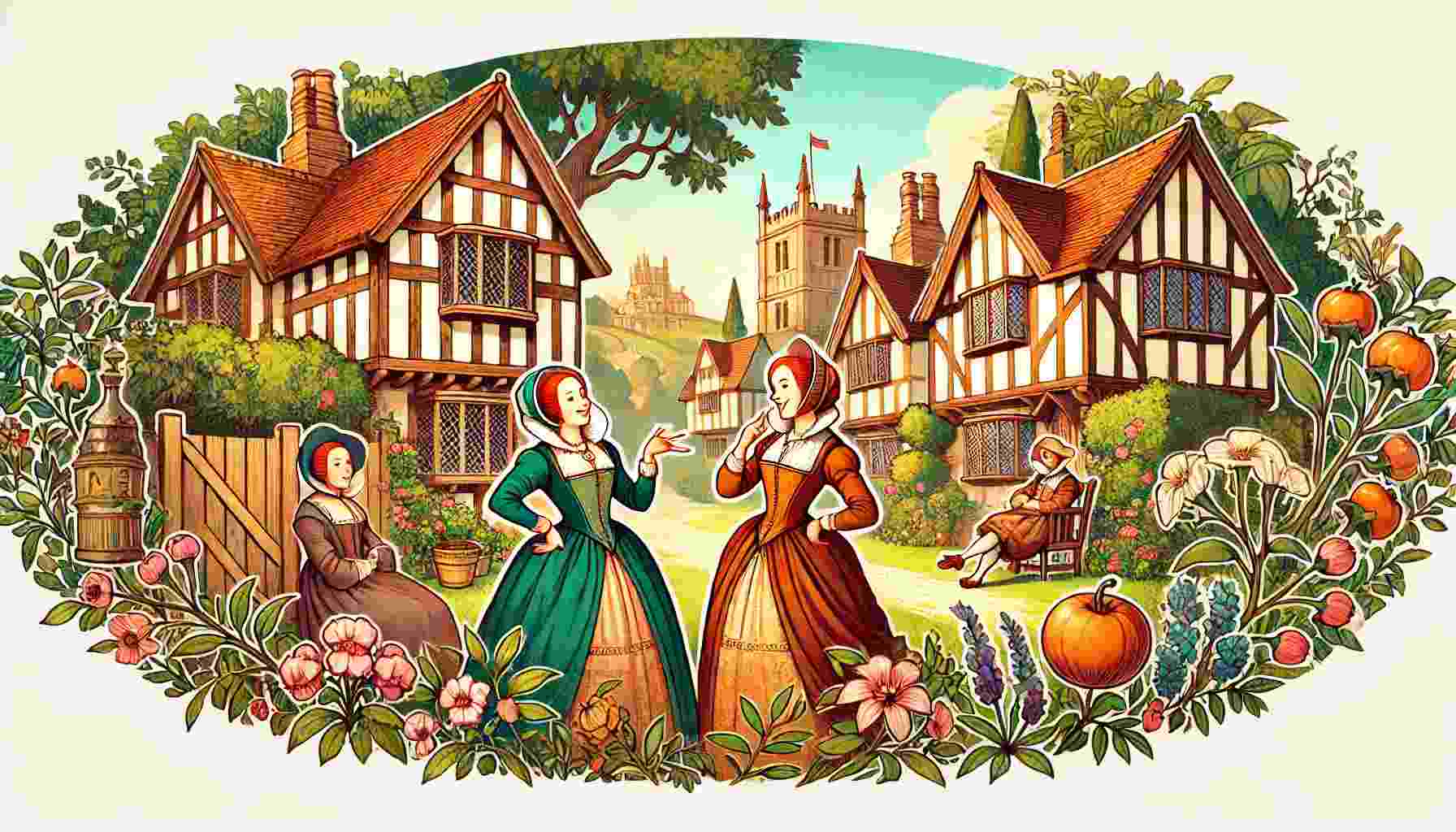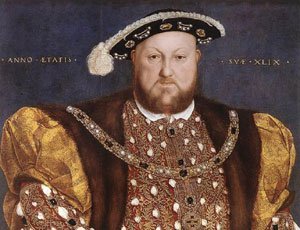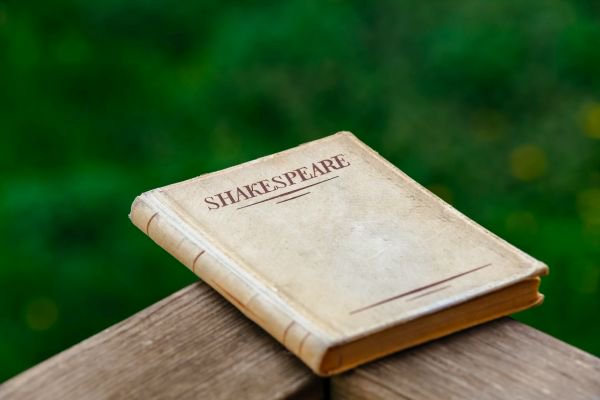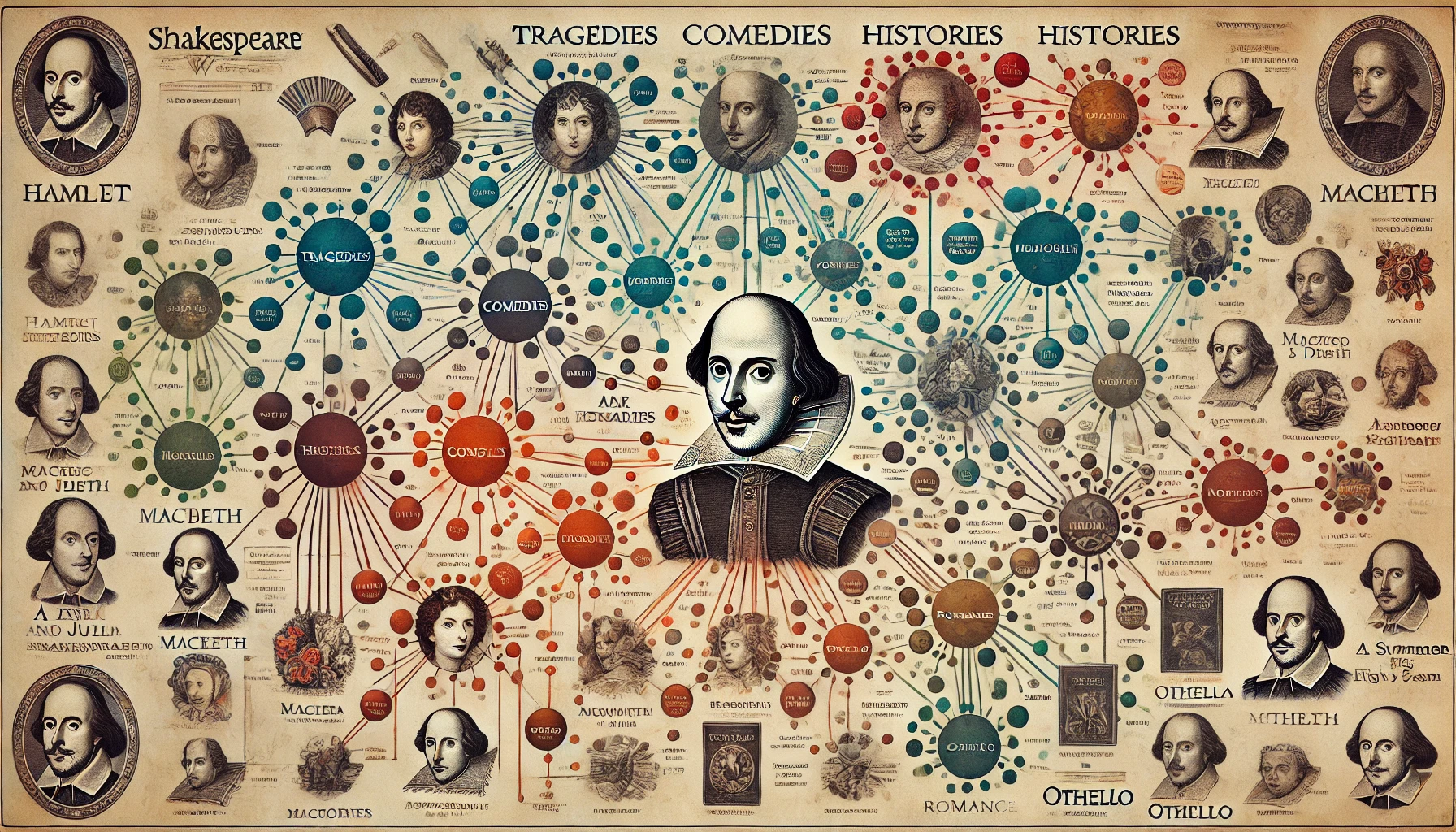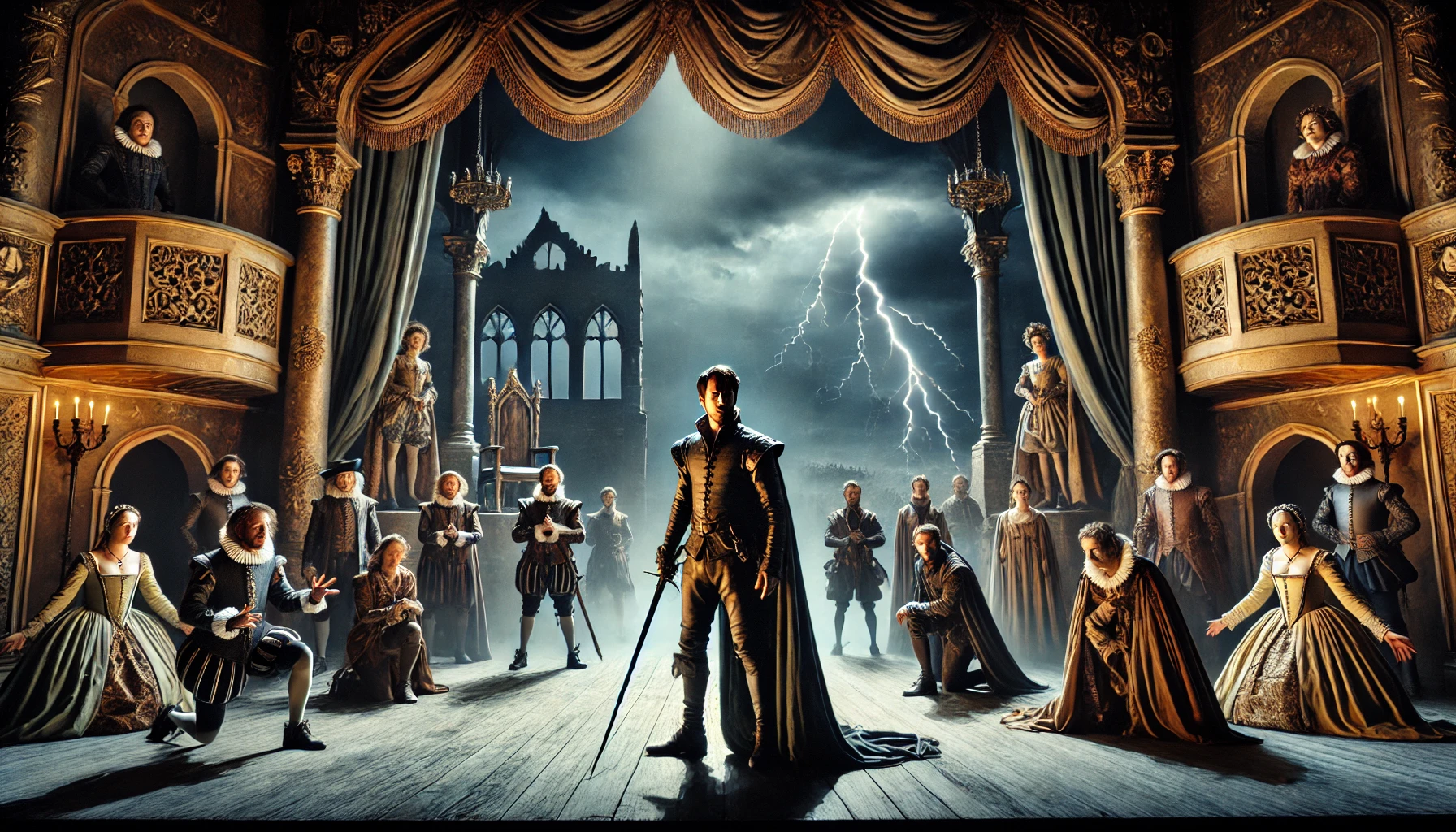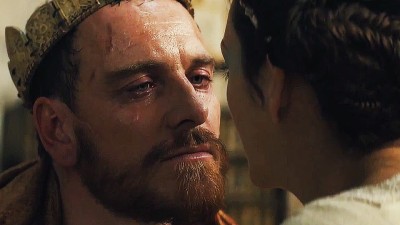When "Animal Farm" first appeared, it was taken entirely as a satire on the history of the Soviet Union: the October's Revolution, Stalin's rise to power and the attitudes and actions of various Western nations. Orwell was convinced that the Revolution of 1917 had been betrayed by Stalin. This convinction was soon shown to be perfectly justified for Stalin's lack of respect and regard for truth. However, no one had the courage to condemn Russia in 1943 because she was fighting bravely against Germany. Orwell's greatest fear was that people would now forget what had happened in the past and he wrote "Animal Farm" to make sure that his fear would not be realized.
The easiest way to explain the satire was to retell the story showing the most important parallels. Manor Farm (Russia) is run by Mr. Jones (Tsar), a man more absorbed in his own comforts than in caring for his animals (Russian people). The farm animals, knowing no other life, are aroused only after a dialogue with Old Major (Marx, Lenin), the patriarch boar. His thesis is that Men (capitalists) exploits the animals, taking for himself the product of their work and giving them in return a bare subsistence level of food and care. Get rid of man, he says, and all animals will lead a new full life. Revolutionary activities begin in secret (the weeks before the Revolution), led by the pigs, who gave the name Animalism (Communism) to the philosophical system they create from Major's ideas.
Their opportunity to act comes unexpectedly. On a day of worse-than-usual neglect (World War I), they break into the food bins; and when Jones and his men (the White Army) show up with ships, the animals turn on them spontaneously and drive them off the farm (Revolution of 1917). So, the leaders become the pigs, who have taught themselves to eat and write, and manage to teach some of the others (Trotzkij's attempts). The name Manor Farm is changed to Animal Farm (Soviet Union). The first summer is succesful, the animals work hard and live well. The animals (proletariat) do not realize for some time that the pigs (Party members) are eating more and working less. Two young pigs hold the farm: Snowball (Trotzkij) and Napoleon (Stalin). Their enmity sooon becomes clear. The third important pig is Squealer (Pravda) who can convince other animals that the privileges usurped by the pigs are only for the good of the farm. Meanwhile, on the neighboring farms, all sorts of rumor circulate about Animal Farm. Jones, aided by Frederick of Pinchfield (Germany) and some other men, attack the farm but Snowball's leadership and strategy enable the animals to push them back (anti-revolutionary actions of 1918). The power struggle reaches a climax over the question of the windmill (industrialization), for which Snowball makes detailed plans. Napoleon sneers at the idea and when the question comes to a vote he suddenly summons nine huge dogs (secret police). Snowball flees and Napoleon assumes complete control (as did Stalin after Lenin's death in 1924).
After that, Napoleon announces plans (the five-years plan) to build the windmill after all. As time goes on, work somehow takes longer and become harder and rations are shorter, despite of Squealer's impressive statistics on production. The first seven commandments also seem to have become less decisive, but Squealer can always convince masses of their faulty memories (the corruption of Marxism). The animals works even harder while the pigs move into the farmhouse using beds and all the rest of outlawed human traditions. Snowball is declared to have plotted with Jones from the beginning; the history of the Rebellion and the battle of the Cowshed is rewritten to confirm this (the revision of history). Soon after, the hens are ordered to give up all their eggs for sale to humans. They smash their eggs rather than obey (the kulak's reaction to five-years plan). Napoleon holds court, and four pigs confess of being in league with Snowball for which they have their throats torn out by the dogs (the purges of the thirties).
"Twelve voices were shouting in anger, and they were all alike. No question now, what had happened to the faces of the pigs. The creatures outside looked from pig to man, and from man to pig, and from pig to man again; but already it was impossible to say which was which." In other words, old and new tyrannies are the same. Authoritarian forms of government, whether based on social or political castes, are basically alike and they are all a danger to freedom, as has always been claimed by anarchists. Orwell argues against the Russian revolution that was betrayed by the ruling elite. These are the main events of the novel representing the Russian Revolution. The main theme, then, is that all revolutions fail to achieve the expectations of their promoters, and, in the end, the ideals that inspired them are diluted by the elite which concentrates power into its own hands. So Orwell disbelief all revolution because of his vision of circularity. The end and the beginning are the same just because some men take control of the power.
